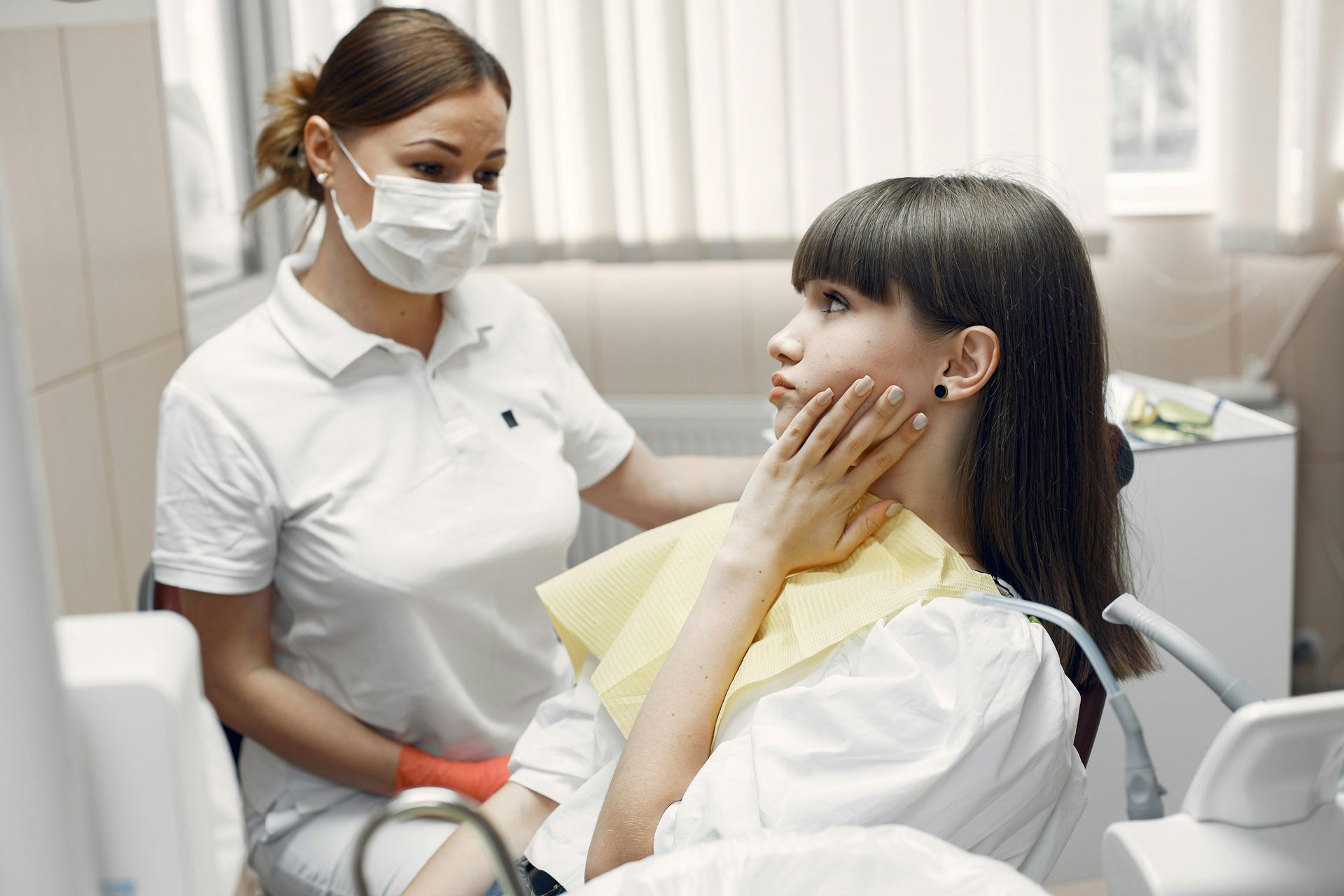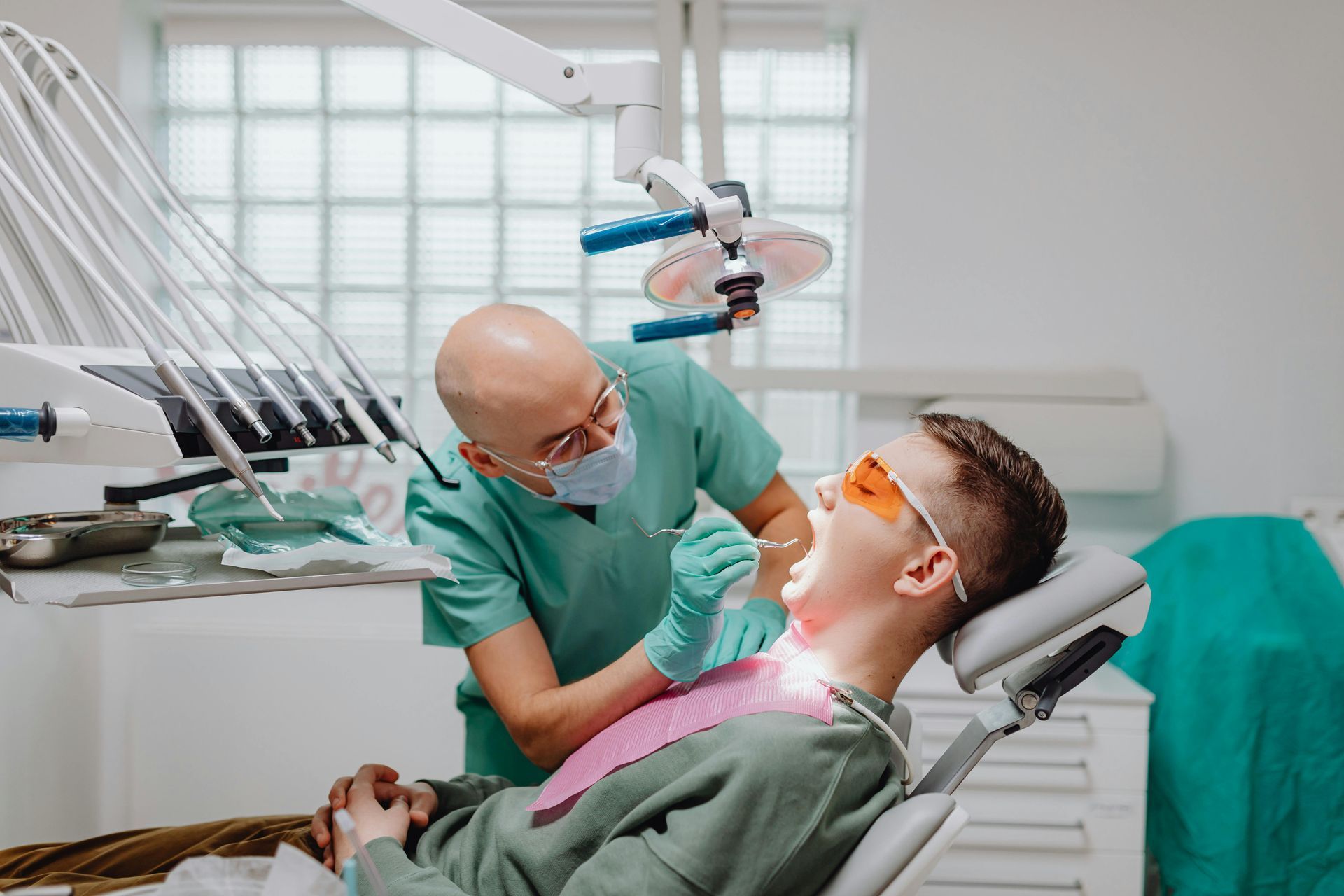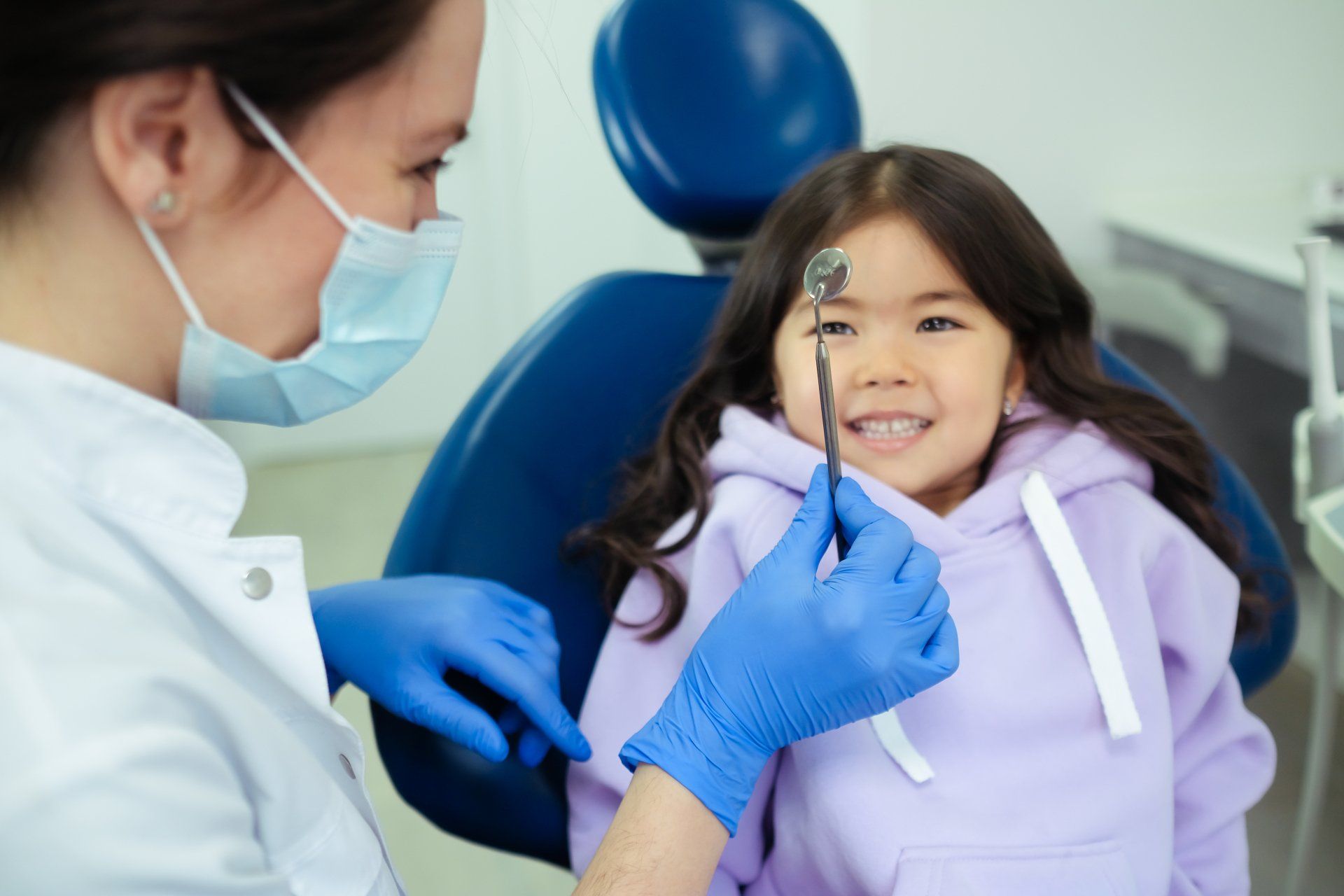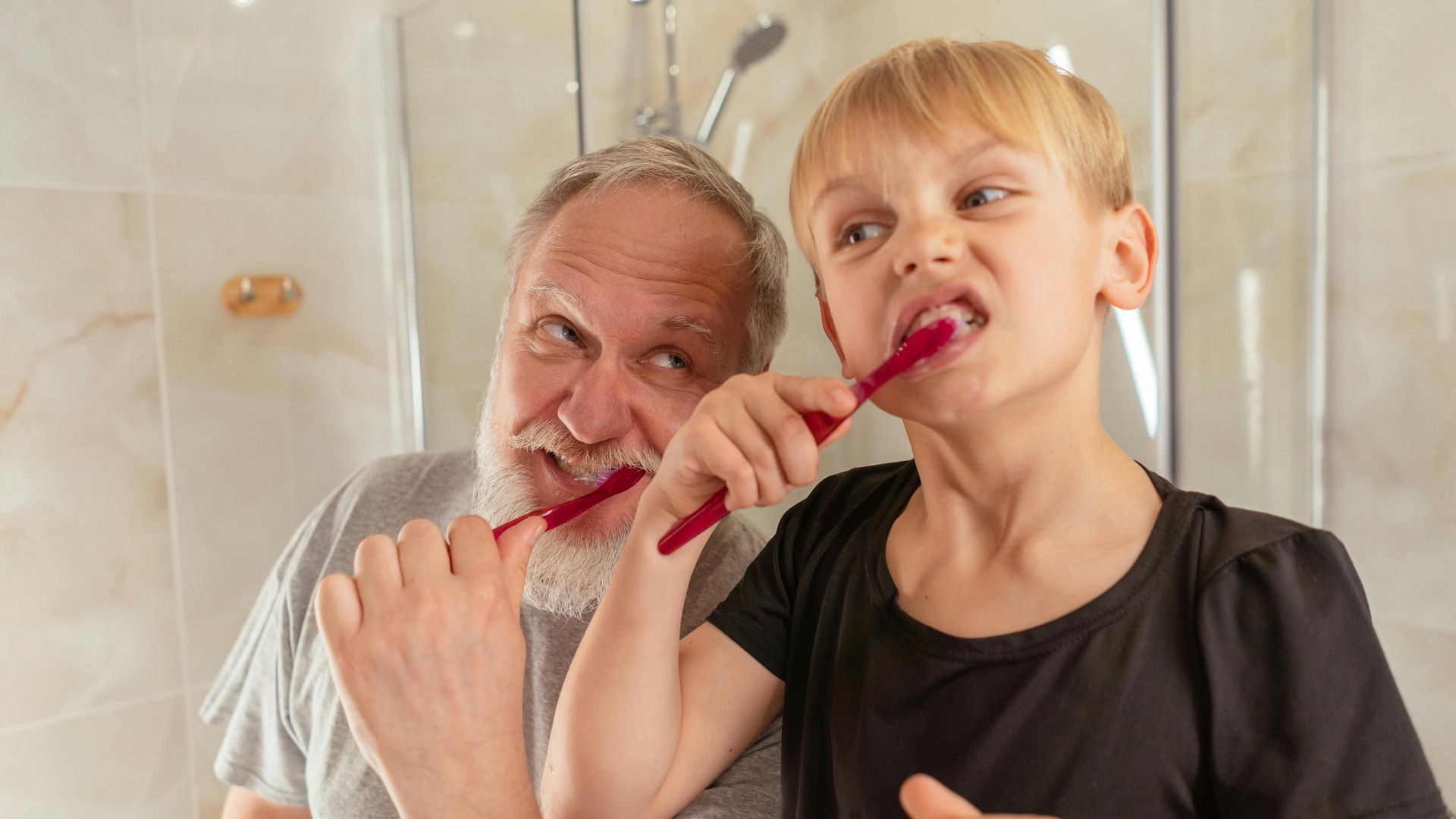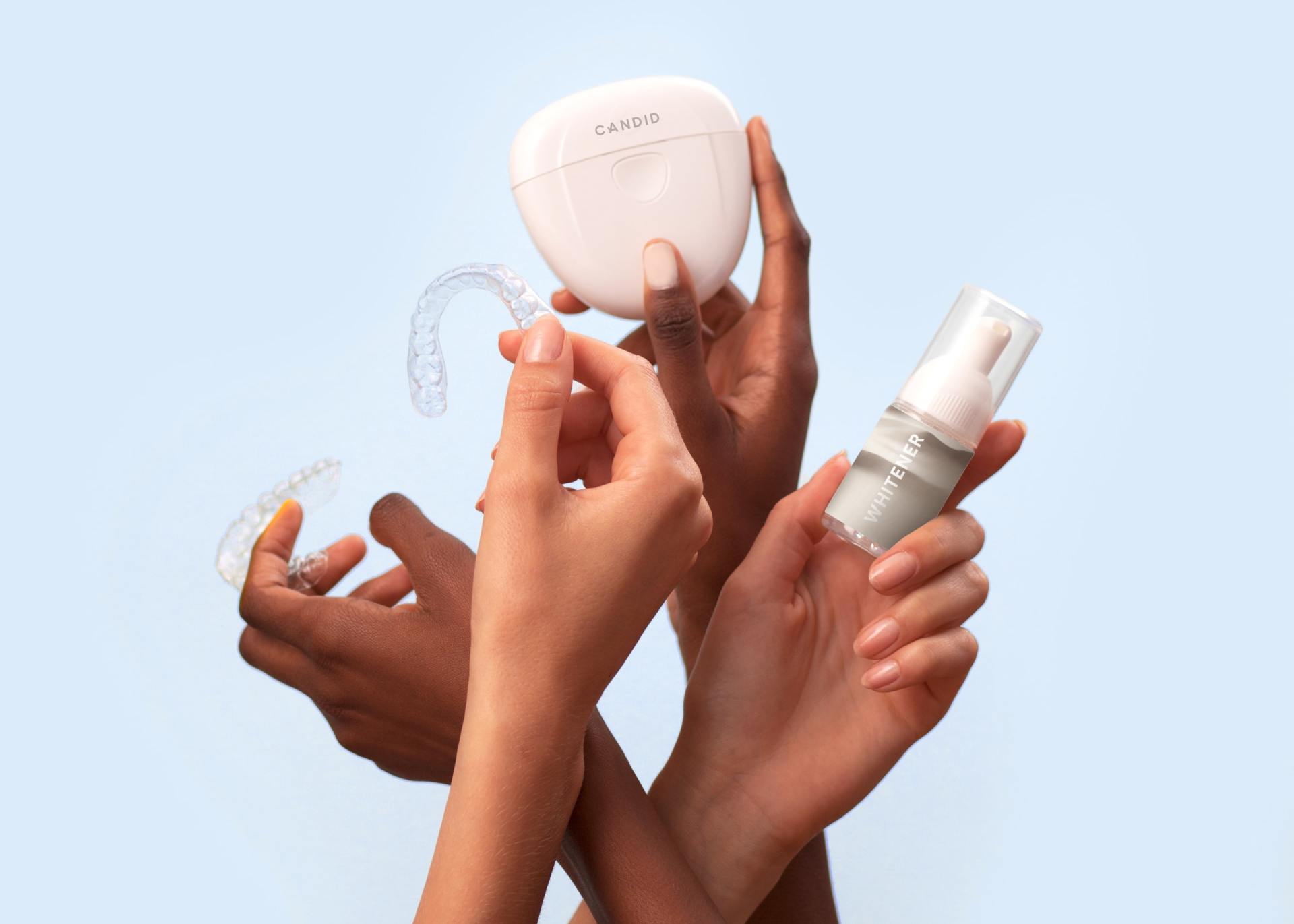Trick or Tooth: Separating Candy Myths from Dental Facts this Halloween
Understanding the Impact of Candy on Dental Health
Halloween is a time when sugary treats are abundant, raising concerns about dental health. It's crucial to understand how different candies affect your teeth. Sour candies are particularly harmful due to their high acidity, which can erode tooth enamel over time. Sticky candies, like caramels and gummies, tend to cling to teeth, providing cavity-causing bacteria more time to produce acids that lead to tooth decay.
While dark chocolate is a better alternative, as it is less sticky and contains compounds that may inhibit bacteria growth, it still contains sugar. Practicing good oral hygiene, such as regular brushing and flossing, is essential after consuming any sugary treats to remove food particles and protect your enamel. Increased saliva production can help, so chew sugar-free gum if brushing isn't possible.
Regular dental check-ups are vital for maintaining dental and oral health, allowing dental professionals to check for early signs of tooth loss or gum disease. Also, consider integrating fresh fruits and healthier snacks into your Halloween festivities. These choices support a healthy smile while minimizing damage to your teeth. For comprehensive oral care, prioritize an effective dental hygiene routine, and make regular visits to your dental professional a habit.
Common Myths about Candy and Teeth
During Halloween, myths about candy and dental health seem to multiply like gremlins. Understanding the facts can help you protect your teeth while still enjoying the festive season. Debunking these myths can guide you toward better oral care decisions and a healthier smile.
Myth 1: All candy causes cavities
Not all candies have the same impact on your teeth. Sour candies, with their high acidity, can more aggressively erode tooth enamel compared to some other treats. Meanwhile, dark chocolate is a less harmful option because it is less sticky and contains compounds that may help prevent bacteria growth. The key is moderation and maintaining a solid oral hygiene routine.
Myth 2: Sugary treats are equally harmful
Sugary treats vary in their effects on dental health. Sticky candies, such as caramel and gummies, adhere to teeth and increase the risk of tooth decay by allowing cavity-causing bacteria to produce acid longer. On the other hand, candies like dark chocolate dissolve more quickly and don't adhere as tightly. Understanding these differences can help you make smarter choices during Halloween.
Myth 3: Dentists recommend avoiding all candy
Dentists don't necessarily advise avoiding all candy but rather emphasize moderation and proper oral care. Enjoy your Halloween treats but make sure to brush and floss regularly to remove food particles and maintain oral hygiene. Regular dental appointments are essential, allowing professionals to monitor your oral health and prevent issues like tooth loss and gum disease.
Types of Candy and Their Effects on Teeth
Candy is a beloved part of Halloween, but it's crucial to understand how different types impact dental health. While sugary treats are a staple of the holiday, some candies are more harmful to oral hygiene than others. Knowing which candies to avoid can help protect your tooth enamel and prevent tooth decay.
Sticky candies
Sticky candies, such as caramels and gummy bears, cling to teeth and can be particularly damaging. These sweets get lodged in the crevices of teeth, making it difficult for saliva to wash away the sugar and food particles. The prolonged exposure to sugar enables cavity-causing bacteria to thrive, increasing the risk of tooth decay and gum disease.
Hard candies
Hard candies pose a double threat to dental health. They not only expose teeth to sugar for extended periods, but they also carry the risk of damaging tooth enamel if bitten down on too forcefully. Sucking on hard candies also reduces saliva production, which is essential for neutralizing acids and protecting against cavities. Regular dental check-ups can help catch any damage from these sweets early.
Chocolate and its benefits
Dark chocolate, especially when compared to other types of candy, is often considered a better choice for oral health. It contains less sugar and is rich in antioxidants, which can be beneficial for gum health. Unlike sticky or hard candies, chocolate tends to melt away quickly, reducing the time sugar stays in contact with teeth. This minimizes the risk of tooth decay and supports a healthy smile, making it a preferable option for those who indulge in sweets.
Sugar-free alternatives
Sugar-free candies offer a viable alternative for dental care-conscious individuals. These treats typically use sugar substitutes that do not contribute to tooth decay. Additionally, sugar-free gum can actually boost dental hygiene by encouraging saliva production, which helps cleanse the mouth and neutralize acids. Incorporating these alternatives into your Halloween celebrations can be a positive step towards better oral health and less frequent dental appointments.
In conclusion, understanding the effects of different candy types on your teeth can help maintain strong enamel over time. Combining wise candy choices with an effective oral hygiene routine—such as regular brushing, flossing, and dentist visits—is essential for sustaining excellent dental health.
Tooth Sensitivity and Candy Consumption
Tooth sensitivity is a common concern, especially during Halloween when candy consumption spikes. The high sugar content in candies can lead to tooth enamel erosion and exacerbate tooth sensitivity. Acidic foods, such as sour candies, can further weaken enamel, causing discomfort.
Sticky candies pose an additional risk as they cling to teeth and increase the duration of sugar exposure, promoting tooth decay. Regular brushing and rinsing your mouth with water after consuming sugary treats can help mitigate these effects. Choosing dark chocolate over sticky candies is a better option, as dark chocolate is less likely to stick to teeth and is easier to wash away with saliva.
To maintain dental health during the Halloween season, focus on consistent oral hygiene routines. Regular dental check-ups are crucial for identifying and addressing any emerging issues related to tooth sensitivity. Incorporating fresh fruits into your diet can aid saliva production, helping to neutralize acids and wash away food particles. By staying mindful of these practices, you can enjoy Halloween treats while preserving a healthy smile.
Strategies for Enjoying Candy Responsibly
Halloween offers a tempting array of sugary treats, but it's essential to enjoy them responsibly to safeguard your dental health. By following some practical strategies, you can indulge your sweet tooth without compromising your oral hygiene. These strategies focus on the timing of candy consumption, the importance of hydration, and maintaining moderation and balance in your indulgence.
Timing of candy consumption
Consuming candies shortly after meals is a smart choice, as increased saliva production during meals helps wash away food particles and sugars. This decreases the likelihood of candy clinging to teeth and causing tooth decay. By aligning candy consumption with meal times, you can effectively minimize potential impacts on your dental health.
Importance of hydration
Staying hydrated plays a crucial role in maintaining oral health during Halloween. Drinking water after eating candies helps rinse away sugar and food debris from teeth, reducing the risk of tooth decay and gum disease. Water also aids in stimulating saliva production, which is vital for neutralizing acids and maintaining a healthy oral environment.
Moderation and balance
Moderation in candy consumption is key to enjoying Halloween responsibly. Limit sugary treats to a reasonable amount and balance them with nutrient-rich foods like fresh fruits and vegetables. This approach not only benefits your dental health but also supports overall wellness by ensuring that your body receives a range of essential nutrients.
Best Dental Hygiene Practices During Halloween
Brushing and flossing techniques
Proper brushing is crucial for removing food particles and plaque that may lead to tooth decay. Use a fluoride toothpaste and brush for at least two minutes, ensuring all surfaces of your teeth are covered. Flossing complements brushing by reaching the areas between teeth, preventing gum disease and tooth decay. Remember to floss gently to avoid damaging gum tissue.
Rinsing and mouthwash
Rinsing your mouth with water after consuming sugary or acidic foods can help reduce their impact on tooth enamel. Using a fluoride or antibacterial mouthwash can further support oral care by killing cavity-causing bacteria and freshening breath. This simple step can be a guardian against tooth decay and periodontal disease, especially during Halloween.
Regular dental check-ups and cleanings
Regular visits to the dental professional are vital to maintain a healthy smile, especially after a holiday like Halloween. Schedule dental appointments for professional cleanings and examinations to catch any issues early. Dental services can remove built-up plaque and tartar, ensuring your oral health remains at its best. Regular dental check-ups provide personalized advice to optimize your oral hygiene routine.
Tooth-Friendly Alternatives to Traditional Halloween Treats
Halloween is synonymous with sugary treats, which can be a nightmare for dental health. However, there are tooth-friendly alternatives that still bring joy without harming oral hygiene. One excellent option is sugar-free gum, which not only satisfies the sweet tooth but also helps increase saliva production. This can neutralize harmful acids and wash away food particles, reducing the risk of tooth decay.
Dark chocolate is another alternative that is less damaging to tooth enamel compared to sticky candies. It contains less sugar and tends to wash more easily off the teeth, making it a better choice for maintaining a healthy smile. Fresh fruits, like apples and pears, offer natural sweetness and can help scrub teeth clean due to their fibrous texture. They also encourage saliva flow, which is crucial for keeping cavity-causing bacteria at bay.
For those who enjoy making creative Halloween treats, consider offering yogurt-based snacks with live probiotics. These can contribute positively to oral health by balancing the bacteria in the mouth, thereby reducing the risk of gum disease and tooth loss. Remember, with a little creativity, Halloween can remain fun and also support good oral hygiene practices.
Conclusion: Enjoying a Sweet Yet Healthy Halloween
As Halloween approaches, the excitement for sugary treats rises, but balancing indulgence with dental health is crucial. Embrace moderation by savoring candies during meals when saliva production is at its peak. This helps wash away food particles that can lead to tooth decay.
Opt for treats like dark chocolate, which is less sticky and washes off teeth easily, reducing cavity risks. After indulging, remember to rinse your mouth or chew sugar-free gum to neutralize acids and strengthen tooth enamel. Incorporating fresh fruits into your Halloween snack mix can offer a healthier alternative and promote oral hygiene.
Regular brushing and flossing are essential to prevent the buildup of cavity-causing bacteria. Maintain an effective oral hygiene routine and schedule regular dental appointments for personalized advice. Dental professionals can provide valuable guidance on maintaining a healthy smile through holidays filled with tempting sweets.
Celebrate Halloween mindfully by choosing treats wisely and sticking to an oral care routine. By balancing fun and dental care, you can enjoy Halloween without compromising your dental hygiene, ensuring your pearly whites remain healthy throughout the festive season.
At Don River Dental we give you the best tips . If you are experiencing any symptoms or pain please feel free to call us at (416) 901 - 9292 and someone from our team will be happy to answer any questions and schedule an appointment as soon as possible. We offer safe soothing dentistry in North York.
